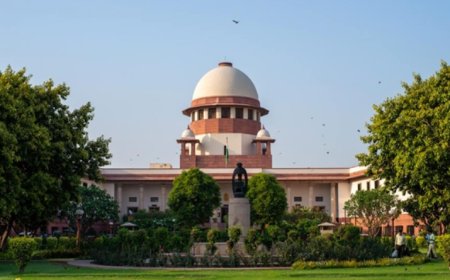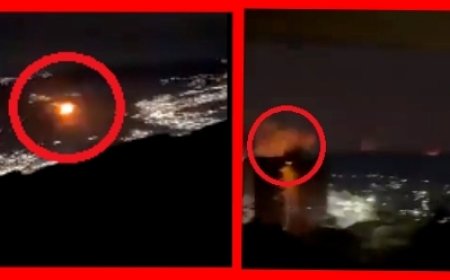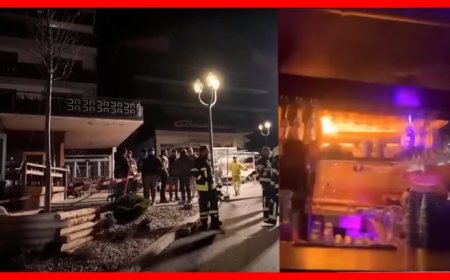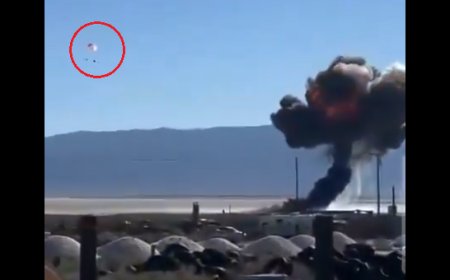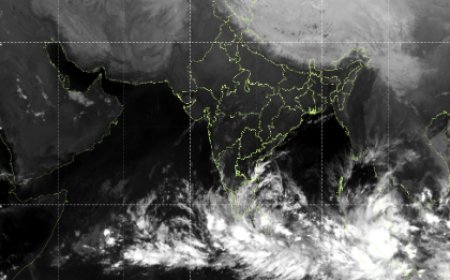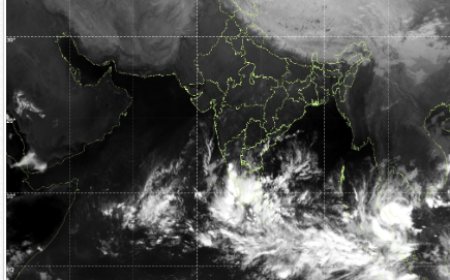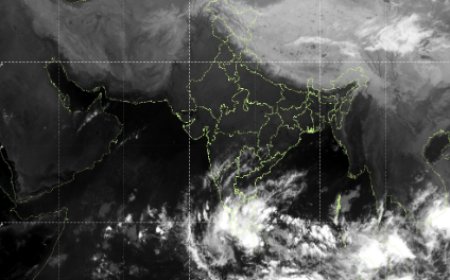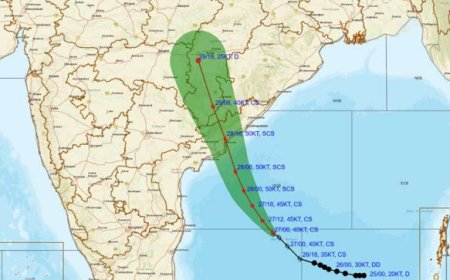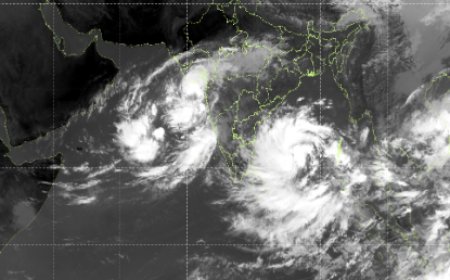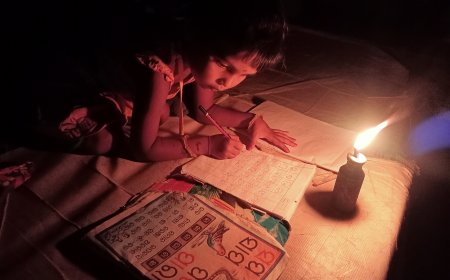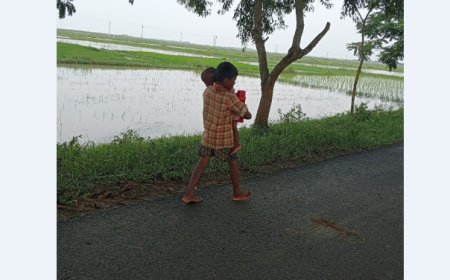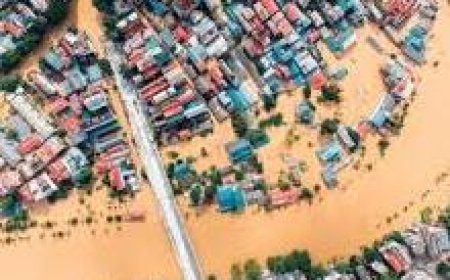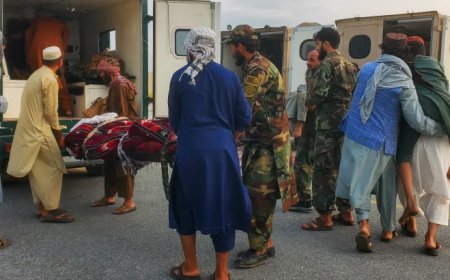Escalating Iran-Israel Conflict Sparks Global Concern for Civilian Safety, Calls for Immediate Ceasefire
The fifth consecutive day of conflict between Iran and Israel has witnessed a rapid escalation in violence, marked by heavy airstrikes from both sides. Civilian areas have been severely affected, and humanitarian organizations are sounding the alarm over the rising death toll and worsening humanitarian conditions.
Escalating Iran-Israel Conflict Sparks Global Concern for Civilian Safety, Calls for Immediate Ceasefire
CNB WORLD TIMES | June 17, 2025
The fifth consecutive day of conflict between Iran and Israel has witnessed a rapid escalation in violence, marked by heavy airstrikes from both sides. Civilian areas have been severely affected, and humanitarian organizations are sounding the alarm over the rising death toll and worsening humanitarian conditions.
According to multiple international sources, more than 220 people have been killed in Iran, including at least 70 women and children, due to Israeli airstrikes. In Israel, more than 20 lives were lost following Iranian attacks. Residential neighborhoods have been among the hardest hit, leading to widespread fear, displacement, and destruction.
Leaders from both nations continue to exchange sharp accusations. Iranian President Masoud Pezeshkian has called for unity among Iranians in the face of what he termed “genocidal aggression.” Meanwhile, Israeli Prime Minister Benjamin Netanyahu accused Iran of intentionally targeting civilian areas.
As tensions rise, international observers are increasingly concerned about the potential for the conflict to spiral into a broader regional or even global confrontation. Analysts warn that the longer the hostilities continue, the harder it will become to protect innocent lives or deliver aid effectively.
“Once war begins, political rhetoric dominates,” said a conflict analyst. “One side speaks of counter-terrorism and nuclear threats; the other protests against what they see as systematic aggression. But in all of this, the real victims are the civilians caught in between.”
Across both nations, ordinary people are bearing the brunt of the violence. Media reports from Iran and Israel show long queues at petrol stations and mass attempts to flee urban areas. Families with children, elderly parents, and sick relatives are facing immense challenges trying to reach safer regions, often with no prior warning or access to transportation.
The war, unlike targeted operations against armed groups, now appears to involve prolonged conventional military engagement between two powerful states. As a result, civilian casualties and displacement are likely to increase without immediate international intervention.
Global humanitarian agencies stress that many civilians are unaware of imminent strikes due to the absence of proper alerts or shelters. Young people, especially children, have little understanding of the war’s origins or implications—yet they suffer its consequences most deeply.
“This is not just about politics or military might,” said a humanitarian worker. “People are dying. Families are being torn apart. War sirens are not enough. We need a ceasefire, now.”
There is growing consensus that neutral diplomatic efforts are urgently needed. The United Nations and international peace bodies must move beyond all bariers and take active steps to mediate a ceasefire. The international community should refrain from taking sides and instead focus on preventing further loss of life.
If unchecked, the conflict could trigger a broader humanitarian crisis with regional and global repercussions. The emphasis must now shift from retaliation to dialogue, from destruction to reconstruction, and from blame to solutions.
What's Your Reaction?








